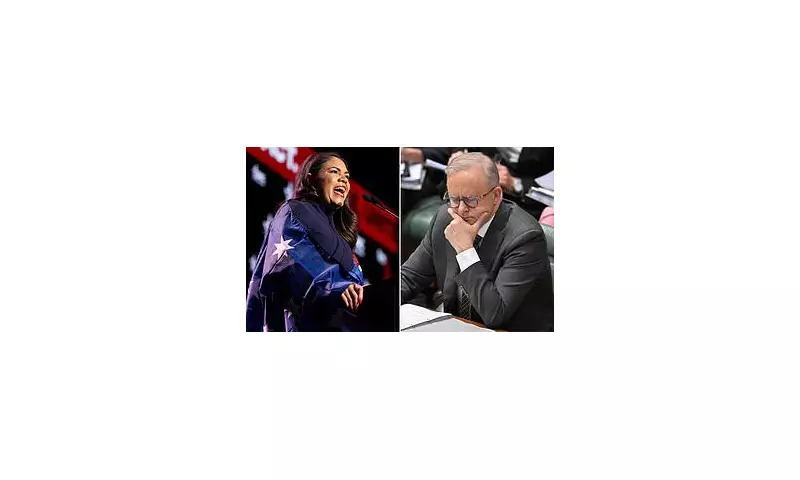
In a fiery parliamentary address that exposed deep divisions over Australia's path to Indigenous recognition, Shadow Indigenous Australians Minister Jacinta Price launched a blistering attack on Prime Minister Anthony Albanese's handling of the Voice referendum.
A Clash of Visions for Indigenous Advancement
Senator Price accused the Prime Minister of prioritising symbolic gestures over practical solutions to the very real challenges facing remote Indigenous communities. "You're not listening to the people on the ground who are living these experiences," she declared across the parliamentary floor, her voice charged with emotion.
The Heart of the Controversy
The Coalition frontbencher challenged the government's approach, arguing that many Indigenous Australians feel their genuine concerns about housing, employment, and community safety are being overshadowed by the government's constitutional recognition agenda.
Key points of contention included:
- Allegations that practical community needs are being neglected
- Claims that dissenting Indigenous voices are being marginalised
- Questions about the effectiveness of the proposed Voice model
- Concerns about dividing Australians along racial lines
Political Fallout and Public Reaction
The dramatic confrontation highlights the escalating tensions surrounding one of the Albanese government's signature policies. Senator Price's intervention represents a significant challenge to the Prime Minister's authority on Indigenous affairs and threatens to derail the government's referendum timeline.
Political analysts suggest the exchange reveals fundamental disagreements about how best to address Indigenous disadvantage and achieve meaningful reconciliation.
The government now faces increasing pressure to address the concerns raised by Senator Price and other Indigenous leaders who question whether the Voice represents the most effective mechanism for achieving tangible improvements in community outcomes.





